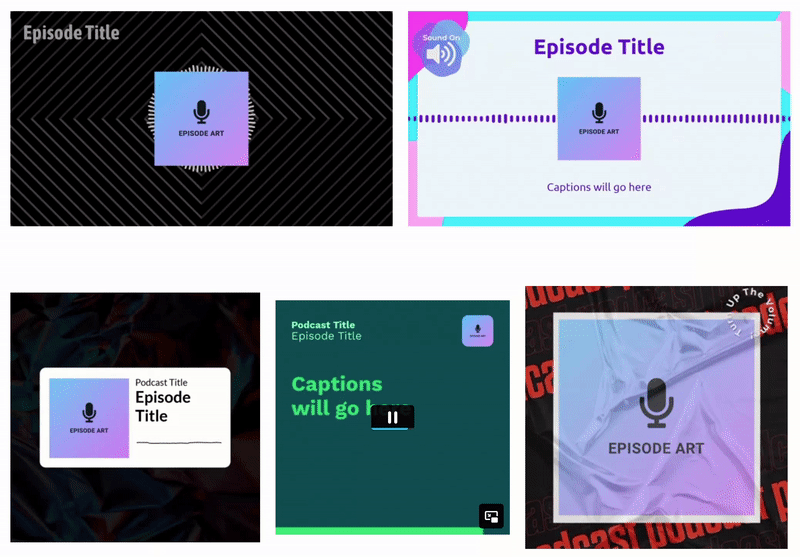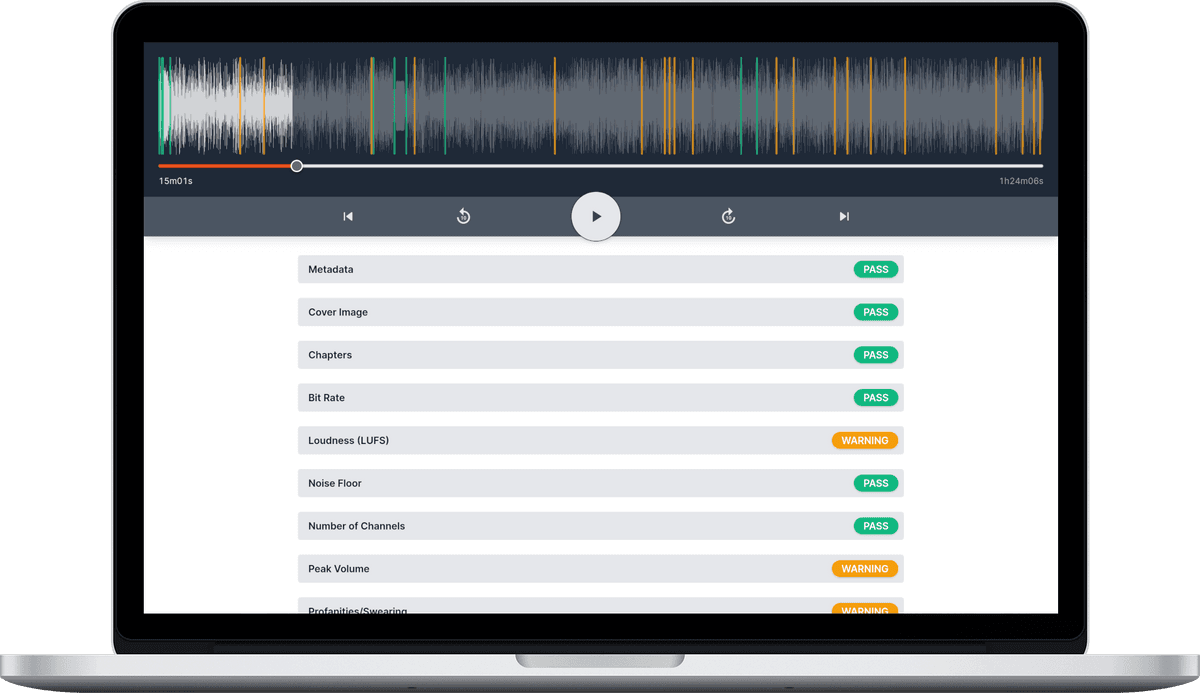Using Social Media to Promote Your Podcast
![]() Damian Moore, Last updated: 6 April 2023
Damian Moore, Last updated: 6 April 2023
Social media has revolutionised the way we consume and share content, making it easier than ever for podcasters to connect with audiences around the world. By leveraging the power of social media, podcasters can reach new listeners, build a loyal following, and promote their brand in a dynamic and engaging way. Whether you’re just starting out or looking to grow your podcast further, social media can be an invaluable tool for increasing your audience size and building your brand.
To make the most of social media for podcast promotion, it’s important to be strategic and intentional with your approach. This might include developing a content calendar, engaging with your followers, using hashtags, sharing teasers and highlights, and even investing in paid advertising. By adopting a holistic and thoughtful approach to social media promotion, you can connect with listeners in meaningful ways, generate buzz around your podcast, and build a thriving community of fans who are eager to tune in each episode.
Sharing teasers and highlights
Share short clips or highlights from your episodes on social media to give people a taste of what your show is about. This can be a great way to pique people’s interest and encourage them to check out your full episodes.
Choose compelling moments — when selecting clips or highlights to share, choose moments that are particularly compelling or interesting. This could be a particularly funny or insightful comment, an interesting guest, or a particularly engaging topic. By sharing moments that really stand out, you’ll be more likely to capture people’s attention and encourage them to check out your full episodes.
When creating teasers or highlights, it’s important to make them visually appealing. Use high-quality images, add captions or text overlays, and consider using music or sound effects to enhance the clip. This will make your content more engaging and shareable, and can help you stand out in people’s social media feeds. You may want to consider recording video of your show so that you can create more compelling snippets — this is easy to do if you use video conferencing tools. Alternatively you can use Audiograms — these are animations that react to audio signals. They also often display captions and cover artwork. Headliner and Veed are popular tools for generating these.

Finally, make sure you include a call to action in your teaser or highlight posts. This could be a link to your full episode, an invitation to subscribe to your podcast, or a request for feedback or reviews. Some people like to link directly to the show’s MP3 file so it instantly starts playing and increases their download numbers. By including a clear call to action, you’ll be more likely to convert social media followers into actual listeners.
Hashtags
Hashtags are a great way to get your content in front of a wider audience. By using relevant hashtags in your social media posts, you can make it easier for people to discover your podcast. For example, if your podcast is about technology, you might use hashtags like #technology or #podcasting.
When choosing hashtags, it’s important to choose ones that are relevant to your podcast’s topic. Think about the keywords that people might use to search for podcasts like yours and use those as hashtags.
Try using a mix of popular and niche hashtags. You’ll want to make sure you’re using hashtags that are popular enough to be seen by a large audience. However, using only popular hashtags can also mean your content gets lost in the sea of other posts.
Be consistent. Try to use the same hashtags across all your social media platforms, and regularly use the same main ones over time so your account gets more strongly associated with them. Consider creating a branded hashtag specifically for your podcast. This will help people easily find and share your content, and can also help you build a community of listeners around your podcast.
Engage with your followers
Social media is a great way to build a community around your podcast. Take the time to respond to comments and messages from your followers, and consider hosting a Twitter chat or Instagram Q&A to engage with your audience.
One of the most important ways to engage with your followers on social media is to respond to comments and messages. Take the time to read and respond to comments on your posts, and be sure to reply to any direct messages you receive. This shows your followers that you value their engagement and are interested in hearing their thoughts and feedback.
Consider hosting interactive events on social media to engage with your audience. For example, you could host a Twitter chat or Instagram Q&A where you answer questions from your followers. This can be a great way to build a community around your podcast and encourage people to share their own thoughts and ideas. This can also help you generate content for the actual show as you can share results of polls for example.
Finally, make sure you show appreciation for your followers on social media. This could mean giving shoutouts to listeners who share your content, or hosting giveaways or contests as a way of saying thank you. By showing your followers that you value their support, you’ll be more likely to build a loyal community around your podcast.
Get involved with conversations elsewhere
The chances are that people are already having discussions online that are related to a topic you discuss in one or all of your episodes. It’s also likely that they’ll be seeking similar content that they can digest in audio form.
Look for online forums, discussion groups, or social media groups that are relevant to your podcast topic or audience. Join these communities and start participating in conversations by offering insights, answering questions, or sharing relevant content. Make sure to mention your podcast when it’s relevant and always provide value to the conversation. This can help you build credibility and awareness of your podcast among people who are already interested in the topic. Reddit and Facebook can be good places to start.
Another way to get involved in conversations that are already happening is to reach out to influencers or experts in your podcast niche. Follow them on social media, share their content, and engage with their posts. If appropriate, reach out to them directly and see if they’d be interested in being a guest on your podcast or collaborating with you in some way. By building relationships with influencers, you can tap into their audience and potentially gain new listeners for your podcast.
Keep an eye on relevant hashtags on social media, and jump into conversations when it’s appropriate. For example, if there’s a trending hashtag related to your podcast topic, use it in your posts and participate in the conversation. Be sure to offer value and not just self-promotion. By engaging with people who are already interested in the topic, you can increase your visibility and attract new listeners to your podcast. You can set up alerts directly on the platforms as well as various third-party monitoring tools.
Use paid advertising
Many social media platforms offer paid advertising options that can help you reach a wider audience. Consider using paid ads to promote your podcast to specific demographics or locations.
Paid advertising on social media allows you to target specific demographics based on factors like age, gender, location, interests, and more. Consider using these targeting options to reach people who are most likely to be interested in your podcast. For example, if your podcast is about travel, you might target people who have shown an interest in travel-related topics on social media.
To get the most out of your paid advertising efforts, it’s important to test and refine your ads over time. Try different ad formats, targeting options, and messaging to see what works best for your audience. Pay attention to metrics like click-through rates, engagement, and conversions to determine which ads are most effective. By refining your ads over time, you can improve your return on investment and attract more listeners to your podcast.
In most platforms you can create several versions of the same ad and have them compete with each-other — like evolution — to find a winner. You may have to spend quite a bit and let them run for long enough to see results from this approach.
It’s worth noting that some audiences may not react well to being advertised to. Some people may view paid ads as intrusive or spammy, especially if they feel like they’re being bombarded with ads for products or services they’re not interested in. They could also see you as a well funded organisation that doesn’t need their support.

Summary
By acting on some of these ideas you can effectively use social media to promote your podcast and reach new listeners. With a little effort and a strategic approach, you can leverage the power of social media to grow your audience and increase the discoverability of your show. Think of how you can build these tactics into easily repeatable habits so they don’t take up too much of your time. Once you have a clearly defined workflow you can think about whether it’s possible to outsource steps to a friend, fan, family member or virtual assistant.
Promoting your podcast consistently and tracking your analytics over time can lead to exciting results. While it may not happen overnight, taking a long-term approach can help you see improvements in your audience reach and engagement. By staying committed to the process, you can expect to see a steady upward trend in your growth curve. Even small increases of just a few percentage points each month can add up over time, compounding your success and helping you reach new heights. So stay positive, stay focused, and keep promoting your podcast!
—
Images courtesy of JJ Ying and Ben Blennerhassett

